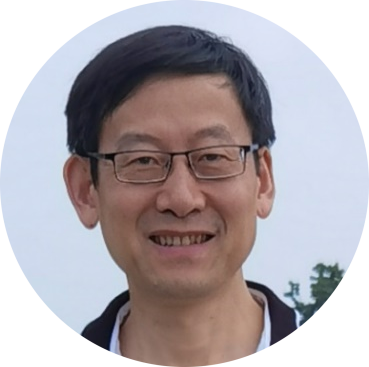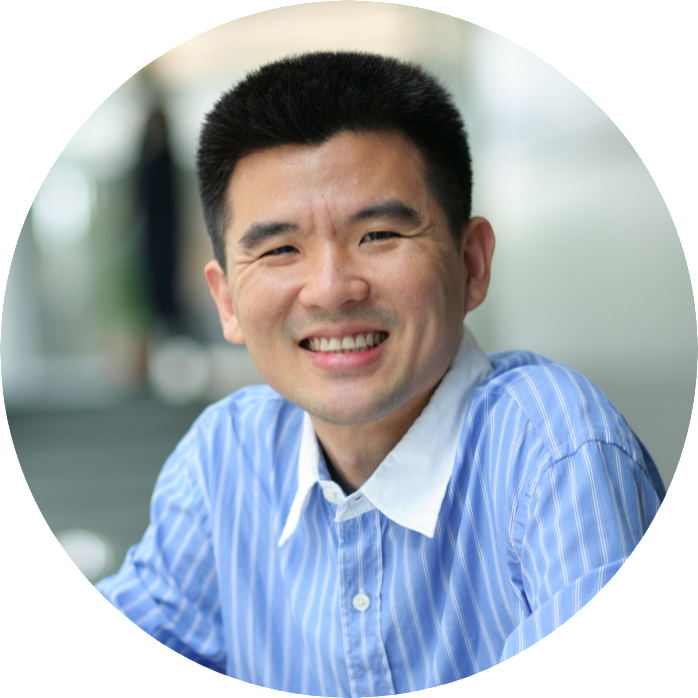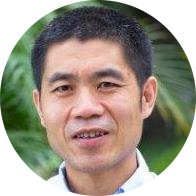KEYNOTE SPEAKERS of WCCCT2026
TBA
KEYNOTE SPEAKERS of WCCCT
 |
 |
 |
 |
| Prof. Jiangzhou Wang Southeast University, China |
Prof. Min Chen South China University of Technology, China |
Prof. Chow-Yen-Desmond Sim Feng Chia University, Taiwan, China |
Prof. Qingsheng Zeng Université du Québec an Outaouais, Canada |
 |
 |
 |
| Prof. Kun Yang(Personal Page) Member of Academia Europaea (MAE)欧洲科学院院士, IEEE Fellow, IET Fellow, ACM Distinguished Scientist Chair Professor in the School of Computer Science & Electronic Engineering Head of the Network Convergence Laboratory (NCL) Nanjing University, China / University of Essex, UK |
Prof. Tony Q.S. Quek(Personal Page) |
Prof. Qingfu Zhang(Personal Page) IEEE Fellow Chair Professor of Department of Computer Science City University of Hong Kong, China |